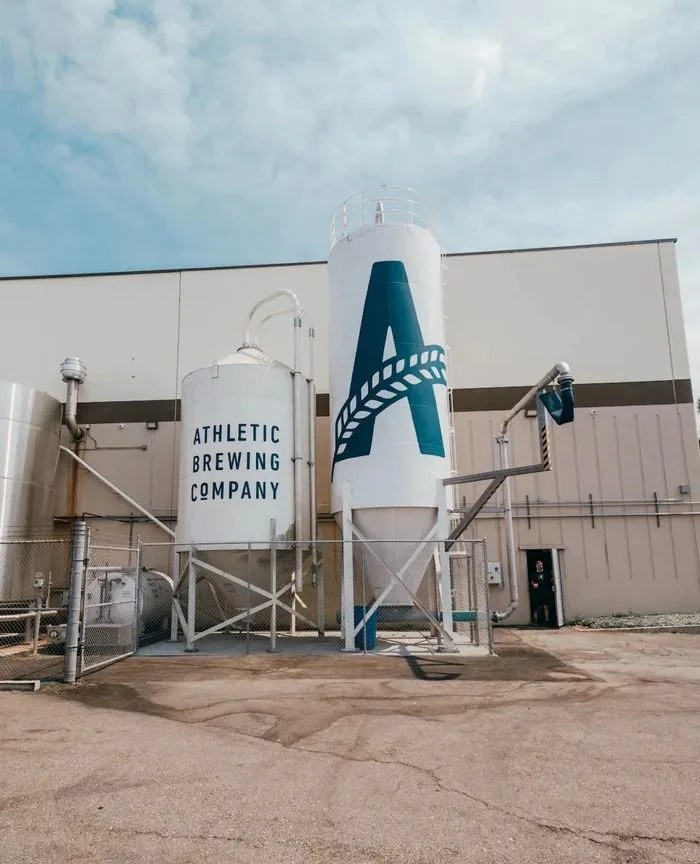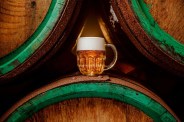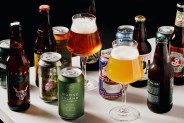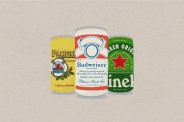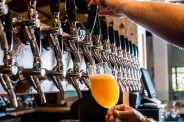Brewery acquisitions are a dime a dozen, so you’d be forgiven for glossing over Tilray Brands recently adding four craft labels to its growing portfolio.
However, what’s notable in this case isn’t just who it’s buying — Hop Valley Brewing Company, Terrapin Beer Co., Revolver Brewing and Atwater Brewery — but from whom.
Coors quits craft
The seller was none other than Molson Coors, Tilray Brands announced in a press release. Like many of the big guys, Molson Coors started purchasing craft brewers in the 2010s, starting with the San Diego brewery Saint Archer (which ceased production in 2022).
The “definitive agreement” makes Tilray one of the largest craft producers in country, as defined by the Brewers Association (BA). It will now brew more than 15 million cases per year across its expanded network of facilities; Terrapin is the largest addition of the bunch, producing around 80,000 barrels per year.
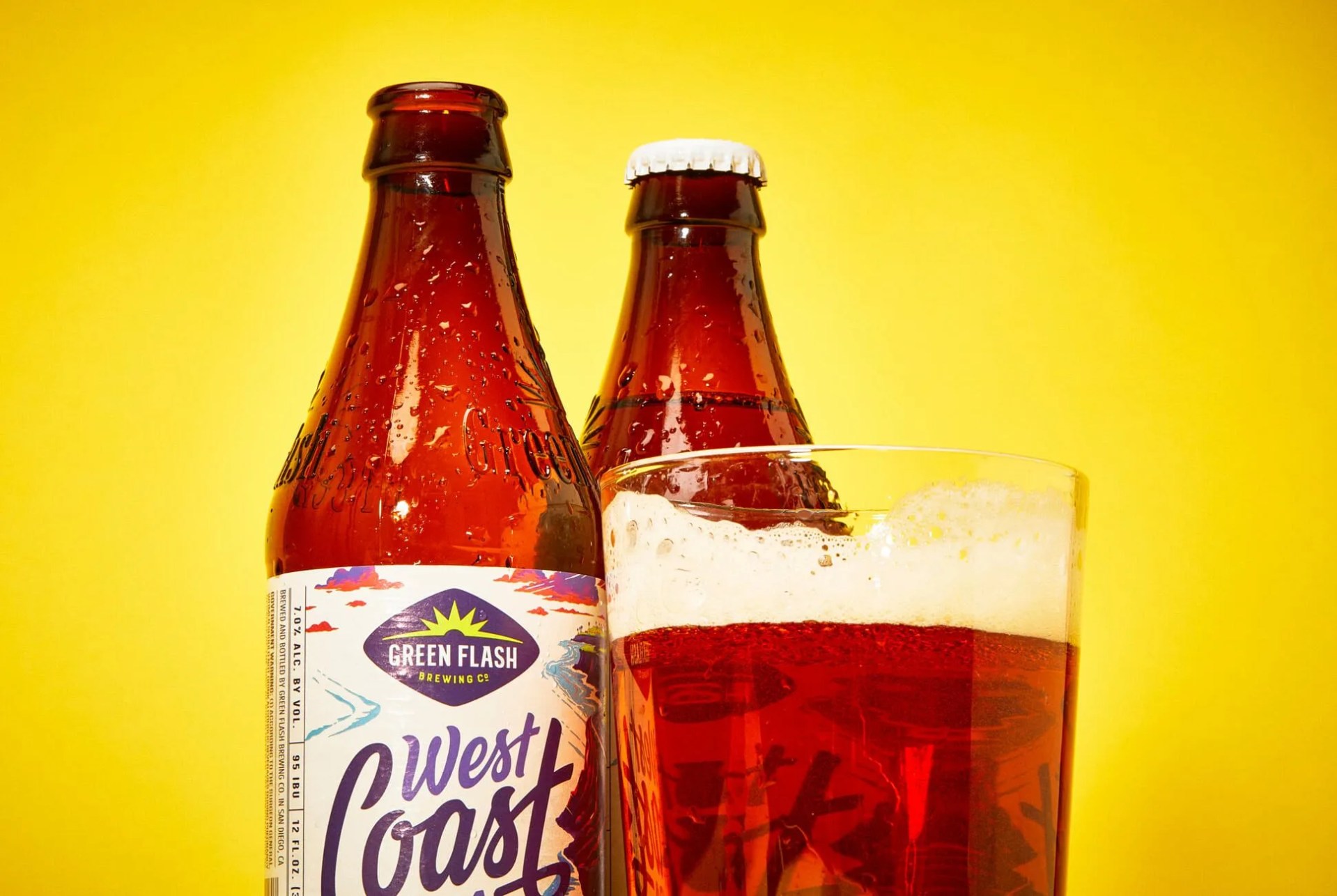
Tilray has been on something of a spree. A year ago, it acquired eight other beer and beverage brands from Anheuser-Busch, including Shock Top and 10 Barrel Brewing Company. The company also owns Montauk Brewing Company and the iconic Green Flash Brewing Company, both acquired in 2022.
Tilray’s latest acquisition isn’t the only news to break. As first reported by Brewbound, Molson Coors will shut down its in-house craft brand AC Golden by the end of September. The brewery operated out of the original Coors Brewery in Golden, Colorado.


